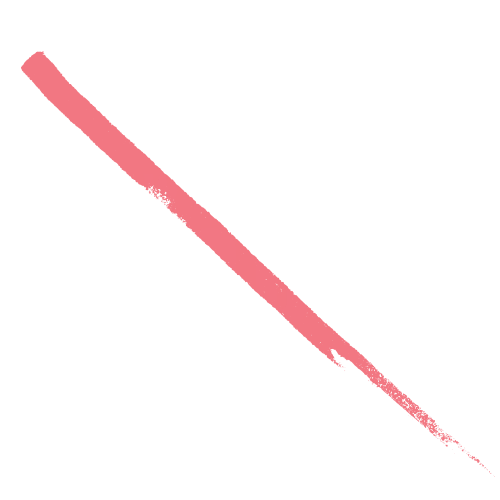89.3 KPCC - 10.17.2017
Following Weinstein, #MeToo, and letter from women in CA politics, the psychology behind processing and sharing sexual harassment experiences [article]
by AirTalk®
October 17, 09:46 AM
As the sexual misconduct scandal involving disgraced film producer Harvey Weinstein continues to develop in Hollywood, we’re hearing more and more people share their own personal experiences with sexual harassment, and those stories are coming from the average, everyday social media user to political workers in Sacramento.
More than 140 women who work at California’s Capitol, ranging from lobbyists and staffers to political consultants and even lawmakers, have signed a letter speaking out against what they say is a “pervasive” culture of sexual harassment that transcends party lines and job descriptions. Across social media platforms like Facebook and Twitter on Monday, with the aim of showing solidarity as well as painting a picture of just how widespread sexual harassment is in our culture, many users shared details their own stories of sexual harassment with the hashtag #MeToo. Others simply chose to post ‘#MeToo’ with no explanation at all.
If you have experienced sexual harassment, at what point did you decide to share your experience? What factors ultimately led you to decide that you were comfortable to speak up, or that it was time to do so? Was it more difficult sharing it with certain people than others? How did you process your feelings that got you to a point where you felt like you could share?
Guest:
Jeanne Clevenger, PsyD, clinical psychologist with a private practice in Pasadena who specializes in maternal mental health and other women’s issues

